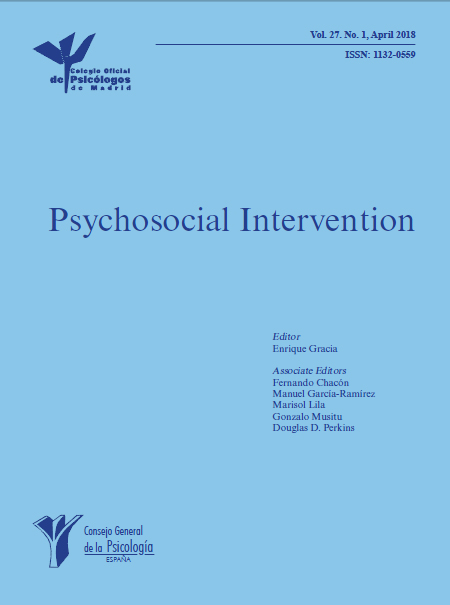
Fuentes de estrés, burnout y estrategias de coping en profesores portugueses
[Stress sources, burnout and coping among Portuguese teachers]
Pinto, Alexandra Marqués Lima, Maria LuÃsa Pedroso de Silva, Adelina Lopes da
Univ. Lisboa, Fac. PsicologÃa y Ciencias de la Educación, Lisboa, Portugal
Resumen
El objetivo de este trabajo es estudiar la incidencia del burnout en profesores portugueses y contribuir a una comprensión integral de este fenómeno. Una muestra de 777 profesores portugueses de educación básica y secundaria contestaron al MBI-Educators Survey (Maslach et al, 1996), a una adaptación del TSQ (Kyriacou & Sutcliffe, 1978) y al COPE (Weinman, Wright y Johnston, 1995). Los resultados obtenidos muestran: (1) El 54% de los profesores perciben su profesión como muy o extremadamente generadora de estrés. Como fuentes de estrés se han identificado principalmente los problemas relacionados con la indisciplina de los alumnos y la presión temporal. (2) El 6,3% de los profesores mostraron elevados niveles de burnout y el 30% resultaron estar en situación de riesgo. (3) Mediante análisis de regresión múltiple se ha puesto de manifiesto que el agotamiento emocional aparece como una reacción al estrés y la despersonalización se muestra como una forma de coping disfuncional no sucede lo mismo con la realización personal al relacionarse con el uso de doping. (4) Se ha mostrado el papel mediador o moderador de las estrategias de afrontamiento en la relación estrés-burnout
Abstract
The aim of this study is to examine the incidence of professional burnout among Portuguese teachers and to contribute to an integrated understanding of this phenomenon. A sample of 777 Portuguese intermediate and secondary school teachers responded to the MBI-Educators Survey (Maslach et al, 1996), to an adaptation of TSQ (Kyriacou & Sutcliffe, 1978), and to the COPE (Weinman, Wright y Johnston, 1995). These empirical studies yield some dramatic results: (1) 54% of respondents considered being a teacher as very or extremely stressful situation. Among the 8 dimensions of social-professional sources of teachers stressors, the students misbehavior and time pressures were perceived as causing the highest level stress. (2) 6.3% of respondents showed high level of burnout and near 30% a high risk of becoming fully burnt. (3) Multiple regression analysis has shown: emotional exhaustion showed up as a traditional response to professional stress; the predictive value of denial and avoidance coping variables to depersonalization strongly suggest that this represents a dysfunctional coping response; the predictive value of different coping variables to personal accomplishment draws special attention to the role played by professional skills and strategies in the development of a positive evaluation of self-efficacy. (4) Mediation and moderation analysis conducted clarified the role played by denial and avoidance coping strategies in the stress-burnout relationship
Copyright © 2026. Colegio Oficial de la Psicología de Madrid















